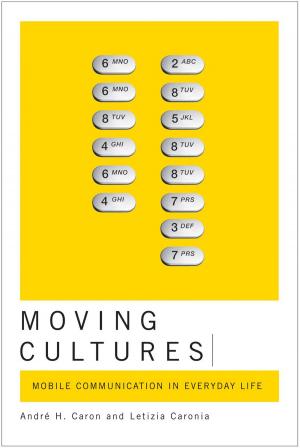| Author: | Donald Savoie | ISBN: | 9780773581432 |
| Publisher: | McGill-Queen's University Press | Publication: | July 1, 2010 |
| Imprint: | Language: | English |
| Author: | Donald Savoie |
| ISBN: | 9780773581432 |
| Publisher: | McGill-Queen's University Press |
| Publication: | July 1, 2010 |
| Imprint: | |
| Language: | English |
In this informative critique of contemporary leadership renowned political scientist Donald Savoie poses and answers the crucial questions: where is power located and who is in charge? In recent years it has become extremely difficult to pinpoint the location of political and economic power making it complicated to determine who is to blame for political and economic catastrophes and leading to increased disenchantment with Western politicians and bureaucrats. Power considers how forces such as globalization the new media the changing role of the courts in parliamentary democracies the partisanship of political parties in shaping policy and collapsing boundaries between governments and within government departments have caused citizens to feel their countries are less democratic. Savoie argues that power is leaving institutions and organizations and going to powerful individuals in both the public and private sectors who often push aside formal processes in order to drive change.
In this informative critique of contemporary leadership renowned political scientist Donald Savoie poses and answers the crucial questions: where is power located and who is in charge? In recent years it has become extremely difficult to pinpoint the location of political and economic power making it complicated to determine who is to blame for political and economic catastrophes and leading to increased disenchantment with Western politicians and bureaucrats. Power considers how forces such as globalization the new media the changing role of the courts in parliamentary democracies the partisanship of political parties in shaping policy and collapsing boundaries between governments and within government departments have caused citizens to feel their countries are less democratic. Savoie argues that power is leaving institutions and organizations and going to powerful individuals in both the public and private sectors who often push aside formal processes in order to drive change.















